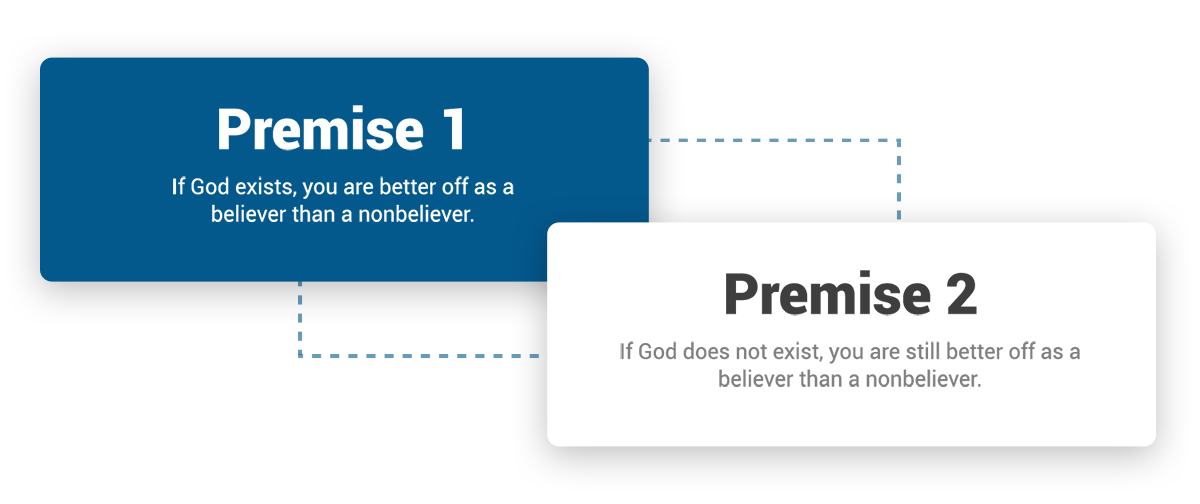WHY IS THE BIBLE FULL OF CONTRADICTIONS?
WHY IS THE BIBLE FULL OF CONTRADICTIONS?
Let’s Explore The Answer
Let’s Explore The Answer
To the skeptic and the believer alike, the Bible can often appear to be packed with contradictory statements. From book to book or even chapter to chapter, there are different accounts or conflicting statements. Let’s explore what this says about the credibility of the Bible and what it means for Christianity, a faith rooted in the infallibility of God’s word.
Living On The Edge
Learn More About God
Sign up to gain immediate access to free sermon MP3s, devotionals, blog content, and more.


What The Bible Says
Christians believe that the Bible is the unfailing word of God. They acknowledge that yes, the books were written by humans, but they were divinely inspired by God’s spirit. Therefore, nothing exists in the Bible that isn’t there intentionally.
So if we start from this point, looking at Scripture as God-breathed and infallible, the first thing to examine is the way that we interpret it. Different Christian denominations may have differing beliefs about literal vs. metaphorical interpretation and natural vs. spiritual meaning. Many say that a historical perspective must be applied, recognizing that the Scriptures as they’re written don’t necessarily equate to our modern understandings, but that the principles still apply.
One explanation for the differing accounts of the same story is the perspective from which they’re told. Different authors might be telling different parts of the very same story, only highlighting different details. Some point out that lack of detail in one portion of the text, or additional detail in another, doesn’t negate the consistency of the Scripture, but instead adds layers of meaning and understanding to the same story.
Additionally, many Biblical scholars point out that the authors were sometimes recording events that happened long before their time, such as the Gospel writers of the New Testament. The very first Gospel wasn’t written until 40 years after Jesus’ death. Many people claim that the way the Gospel stories were passed down verbally to the individual Gospel writers was God-inspired, meant to show us different aspects of Jesus’ life. Other scholars say the contradictions have everything to do with the way the text has been translated over time; they think that the original Scriptures were the infallible ones, but words have been misapplied in translation, causing problems with consistency and also in our current understanding.
Regardless of whether readers are exegeting (looking critically at the text to derive the original meaning) or eisegeting (drawing meaning from the Scriptures to apply to their current circumstances or beliefs), there are many ways to interpret the Bible and still retain the belief that it’s a holy book without error.
What would happen if you embraced the possibility that the God of the Bible really did create the world and really does care for you?
Pascal’s Wager

In the seventeenth century, a famous philosopher and mathematician, Blaise Pascal, encouraged people to make a wager when it came to belief in God. If a person chose to believe in God and God did exist, that person would gain everything (eternal life). If a person chose to believe in God and God did not exist, that person would lose nothing. On the other hand, if a person chose not to believe in God and he was right, he would lose nothing. But if that person did not believe in God and he was wrong- he would lose everything (lose eternal life).
This wager can be said another way:

Based on this logic, Pascal suggested the rational person would choose to believe in God as believing offers a person everything (eternal life) while losing nothing. Wherever you are in your faith journey, would you consider taking Pascal’s wager? If the good God of the Bible exists, you have nothing to lose and everything to gain by believing in Him today.
We’d Like to Provide More Resources to Help You Learn About God
To stay in touch with weekly resources from our team, fill out your information below.
